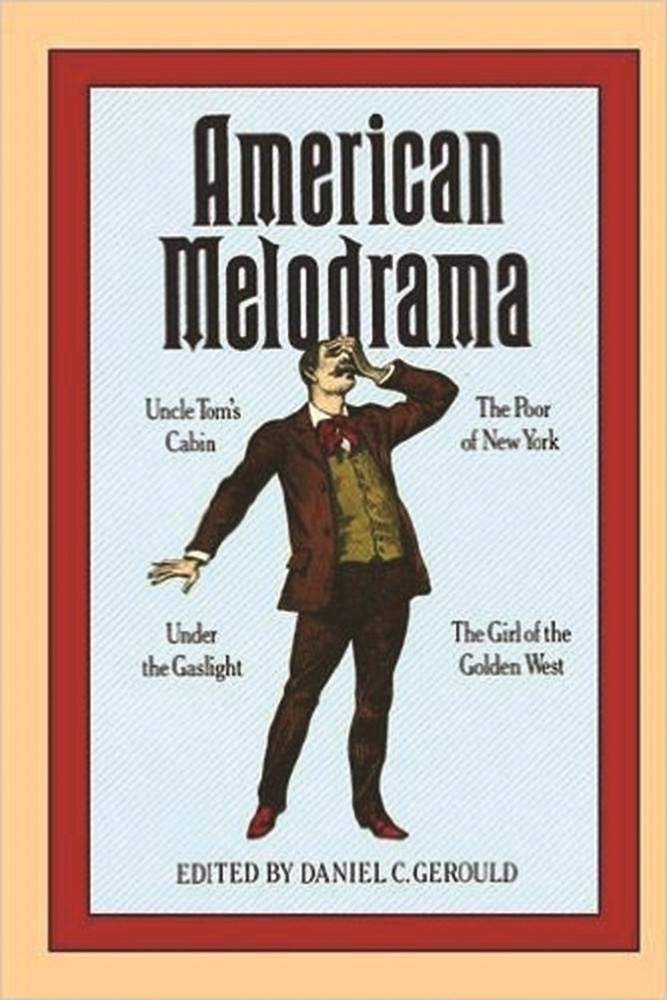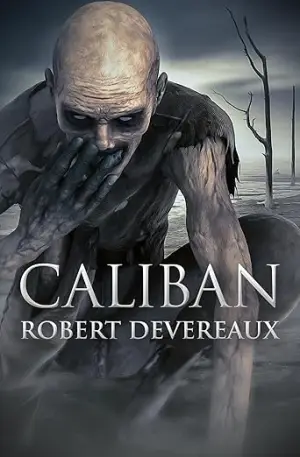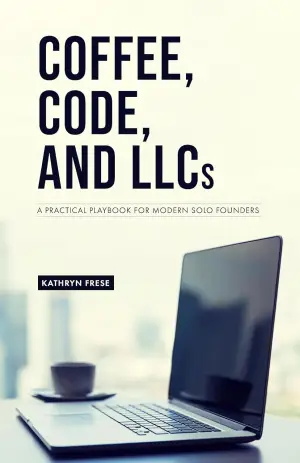Engaging with the Heart of American Melodrama
I stumbled upon American Melodrama (American Drama Library) during a recent quest for theatrical gems to deepen my understanding of American culture. Curiosity piqued—what exactly is "melodrama," and how has it shaped the narratives of our time? The name Dion Boucicault, among others, called to me, a beacon of vibrant storytelling that promised to unveil the emotional tapestry of the nineteenth century. Little did I know, I was about to embark on a journey that would resonate deeply within me.
This anthology compiles four pivotal plays: The Poor of New York, Uncle Tom’s Cabin, Under the Gaslight, and The Girl of the Golden West. Each piece cleverly captures the era’s social struggles, emotional conflicts, and poignant realities. Boucicault’s drama, for instance, weaves the stark lives of society’s underclass into an evocative narrative that stirs empathy and reflection. Here, characters are imbued with such pronounced virtues and vices that their struggles feel painfully relevant, striking chords not just with the audience of the past, but with us today.
As I flipped through passages, I marveled at the complex interplay of love and sacrifice, justice and vengeance. Harriet Beecher Stowe’s Uncle Tom’s Cabin, adapted by George Aiken, remains particularly haunting. The weight of its themes—slavery, humanity, resilience—echo in today’s conversations. The line, "The one thing needful is, to be just," struck me like a bolt, leaving me contemplating our social justice journey. How often we need reminders to anchor ourselves in justice!
The writing style throughout is both theatrical and poetic, evoking vibrant imagery that theater lovers will recognize. The pacing varies masterfully; moments of tension are interspersed with reflective pauses, inviting readers to breathe alongside the characters’ trials and triumphs. Augustin Daly’s Under the Gaslight ingeniously uses the spectacle of gaslight as a metaphor for enlightenment and deception, a clever narrative technique that grips the reader’s attention.
Amidst all this brilliance, I found myself particularly drawn to the depiction of strong, multifaceted female characters in David Belasco’s The Girl of the Golden West. They are more than mere romantic interests; these women wrestle with their desires and societal constraints, making their decisions impactful and real. Their boldness reminded me of the complexity of female narratives that often get overshadowed by history.
For fellow readers attracted to the profound roles art and theater play in shaping social consciousness, American Melodrama is a treasure trove. It illuminates the very foundations of melodramatic storytelling that pervades contemporary cinema and television, encouraging us to examine what emotional truths we still carry into our modern narratives.
In conclusion, my reading of American Melodrama not only expanded my understanding of theatrical history but also rekindled my appreciation for storytelling as a mechanism for social reflection and change. This anthology invites readers from all backgrounds to engage with critical issues through the lens of drama. Whether you are a seasoned theatergoer or someone merely curious about America’s rich cultural tapestry, American Melodrama has a passionate voice waiting to be heard—and perhaps, even to inspire.
You can find American Melodrama (American Drama Library) here >>







